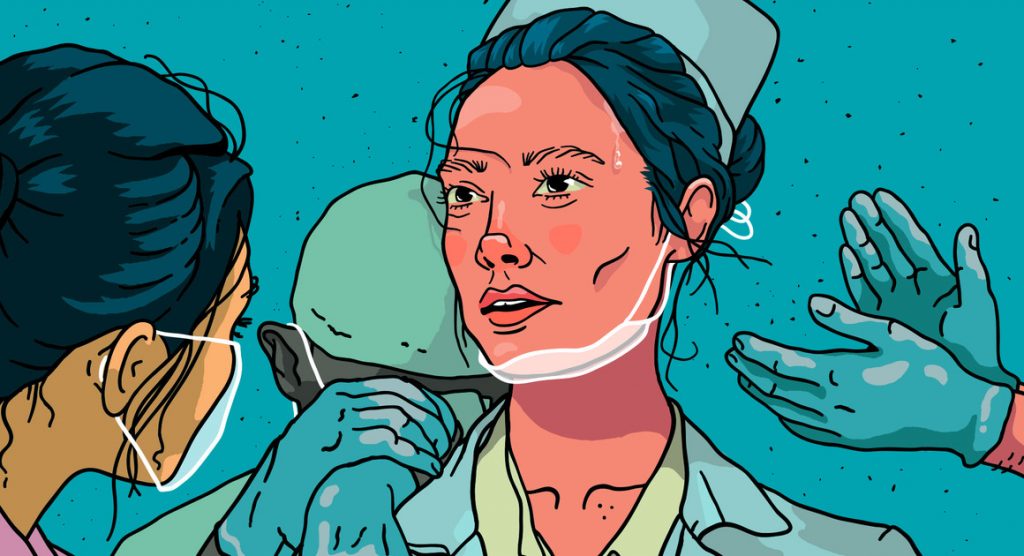Since 2010:
Nurses’ real pay is down £4,300
Paramedics’ real pay is down £5,600
Teachers’ real pay is down by 20%
MPs’ pay is up by 28% – from £65,000 in 2010 to £84,000, plus £5,435 to feed each of their own children, lavish expenses and subsidised meals.
Despite inflated ministerial claims on pay rates, basic pay for nurses midwives and paramedics starts on £27,055 (Band 5), and can only progress beyond £33,000 by getting promoted to Band 6.
Shift work and overtime increases the actual earnings for many, but also adds stress, and danger of burn-out.
The Health Foundation calculates real terms basic pay for nurses has fallen by almost 10% since 2012, and even the Pay Review Body (PRB) admits “nurses’ starting pay still remains below its value when Agenda for Change was introduced in 2004.”
A recent survey estimated 14% of nurses (almost one in six) are relying on food banks as they struggle to pay bills and feed their families; one nurse in three regularly skips meals themselves to help pay for food for their family, and half of all nurses are having to work overtime or bank shifts to pay bills.
In last year’s NHS staff survey, before the latest surge in inflation, just 31% of staff said they were satisfied with pay. The most dissatisfied groups included nursing and healthcare assistants (17% satisfied), ambulance staff (23%) and registered nurses and midwives (28%).
The 2022 PRB report in July recommended an award equivalent to “an average of 4.8%” increase in the pay bill” – way below the CPI inflation figures, and further still below the RPI figures used by the RCN. The PRB admitted “Inflation, as measured by the Consumer Prices Index (CPI), was at 9.0% in April 2022, the highest recorded rate since the series began in 1989.” And it quoted a Bank of England report which at best hoped to return to “close to their 2% target” for inflation … in two years.
The rate of inflation records the pace at which prices increase: but even if that pace slows, it does not mean prices necessarily fall back to previous levels. The gap in real value continues unless and until prices actually fall.
The PRB is required to “have regard to” the need to recruit retain and motivate staff, but it has always also been constrained by having regard to “the funds available to the Health Departments, as set out in the Government’s Departmental Expenditure Limits” and “the Government’s inflation target.”
The PRB’s report was published in July, but only took account of submissions between January and March 2022. It therefore ignores the additional inflation in energy and other prices from the war in Ukraine (which did not begin until the end of February).
By October the CPI annual inflation rate was the highest annual CPI inflation rate since the index began in January 1997. Energy prices in October were 89% higher those in October 2021, with gas prices doubled and electricity and liquid fuels up 65% and 70%. Food price inflation in October at 16.4% was the highest since September 1977.
However as things stand even if the PRB were to consider recommending a compensating increase next year to take account of this inflation, government spending limits mean NHS England is already warning that it can only afford an increase of around 3 per cent for staff in next year’s pay deal.
Dear Reader,
If you like our content please support our campaigning journalism to protect health care for all.
Our goal is to inform people, hold our politicians to account and help to build change through evidence based ideas.
Everyone should have access to comprehensive healthcare, but our NHS needs support. You can help us to continue to counter bad policy, battle neglect of the NHS and correct dangerous mis-infomation.
Supporters of the NHS are crucial in sustaining our health service and with your help we will be able to engage more people in securing its future.
Please donate to help support our campaigning NHS research and journalism.


